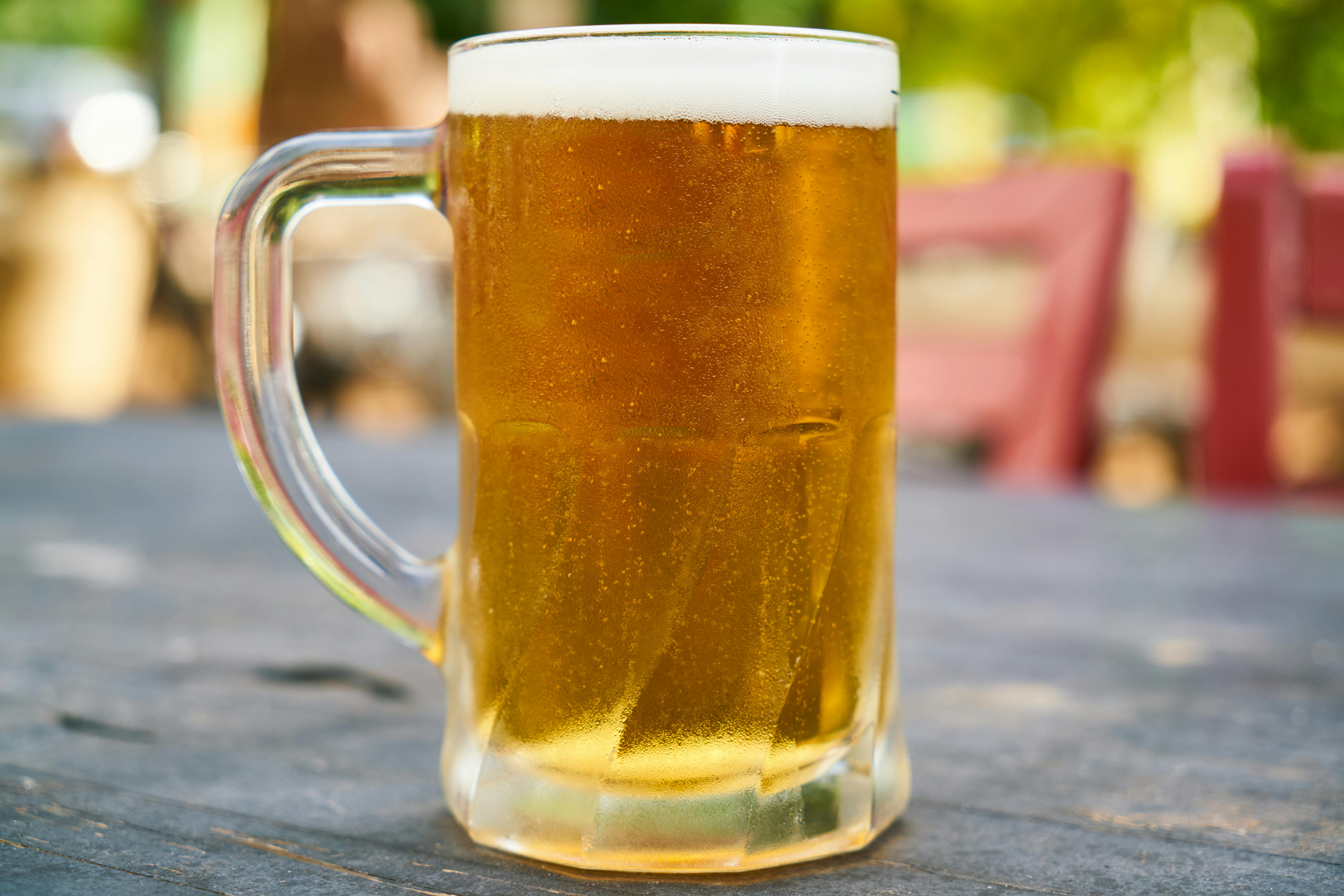Alcohol and Your Digestive System: What You Need to Know
Alcohol is a staple in many social gatherings, from celebrating milestones to unwinding after a long day. However, few people stop to consider the toll it takes on their digestive system. From irritating your stomach lining to triggering diarrhea and dehydration, alcohol can wreak havoc on your gut health. In this article, we’ll explore how alcohol affects your digestion and provide tips to enjoy your favorite drinks without sacrificing your health.

How Alcohol Impacts Your Digestive System
Alcohol affects nearly every part of your digestive system. It begins in the stomach, where it irritates the stomach lining and increases acid production, potentially leading to gastritis. Moving to the intestines, alcohol speeds up digestion, which means your body has less time to absorb water from stool, often resulting in diarrhea. Regular alcohol consumption can also disrupt the delicate balance of gut bacteria, known as the microbiome, which is essential for digestion and overall health.
The Risks of Heavy Drinking on Gut Health
- Diarrhea and Dehydration: Alcohol accelerates digestion, preventing proper water absorption and leaving you dehydrated.
- Inflammation: Drinking irritates the gut lining, causing inflammation that can lead to discomfort and long-term damage.
- Leaky Gut Syndrome: Chronic drinking may weaken the gut lining, allowing toxins and bacteria to enter the bloodstream.
- Microbiome Disruption: Alcohol alters the balance of gut bacteria, which can lead to bloating, gas, and weakened immunity.
- Gastritis: Regular alcohol consumption can inflame the stomach lining, causing pain, nausea, and indigestion.
While occasional drinking may not cause lasting harm, heavy or frequent alcohol use can significantly impact your digestive health.
How to Minimize Alcohol’s Impact on Digestion
- Stay Hydrated: Drink a glass of water between alcoholic beverages to combat dehydration and support digestion.
- Eat Before You Drink: Having a meal before drinking can protect your stomach lining and slow alcohol absorption.
- Choose Wisely: Opt for low-sugar and low-alcohol beverages to reduce the strain on your digestive system.
- Moderate Your Intake: Stick to recommended guidelines for alcohol consumption to avoid overloading your system.
- Take Probiotics: Support your gut microbiome with probiotic-rich foods like yogurt or supplements.
These strategies can help you enjoy alcohol responsibly while keeping your gut health in check.
When to Be Concerned
If you notice persistent digestive issues like diarrhea, bloating, or stomach pain after drinking, it may be a sign of a more serious problem. Conditions like gastritis, IBS, or even alcohol-related liver damage could be at play. Don’t hesitate to consult a healthcare provider for a thorough evaluation and personalized advice.
The Bottom Line
Alcohol can be a delightful part of social life, but it’s important to understand its effects on your digestive system. By moderating your intake, staying hydrated, and paying attention to your body’s signals, you can enjoy alcohol without sacrificing your gut health. Make informed choices and prioritize your well-being—your gut will thank you.
References for the Curious Minds
- Bode, C., & Bode, J.C. (2003). Alcohol's Role in Gastrointestinal Tract Disorders. Alcohol Research & Health, 27(1), 51–55.
- Llopis, M., et al. (2016). Microbiome and Chronic Alcohol Consumption. Current Opinion in Gastroenterology, 32(3), 179–186.


